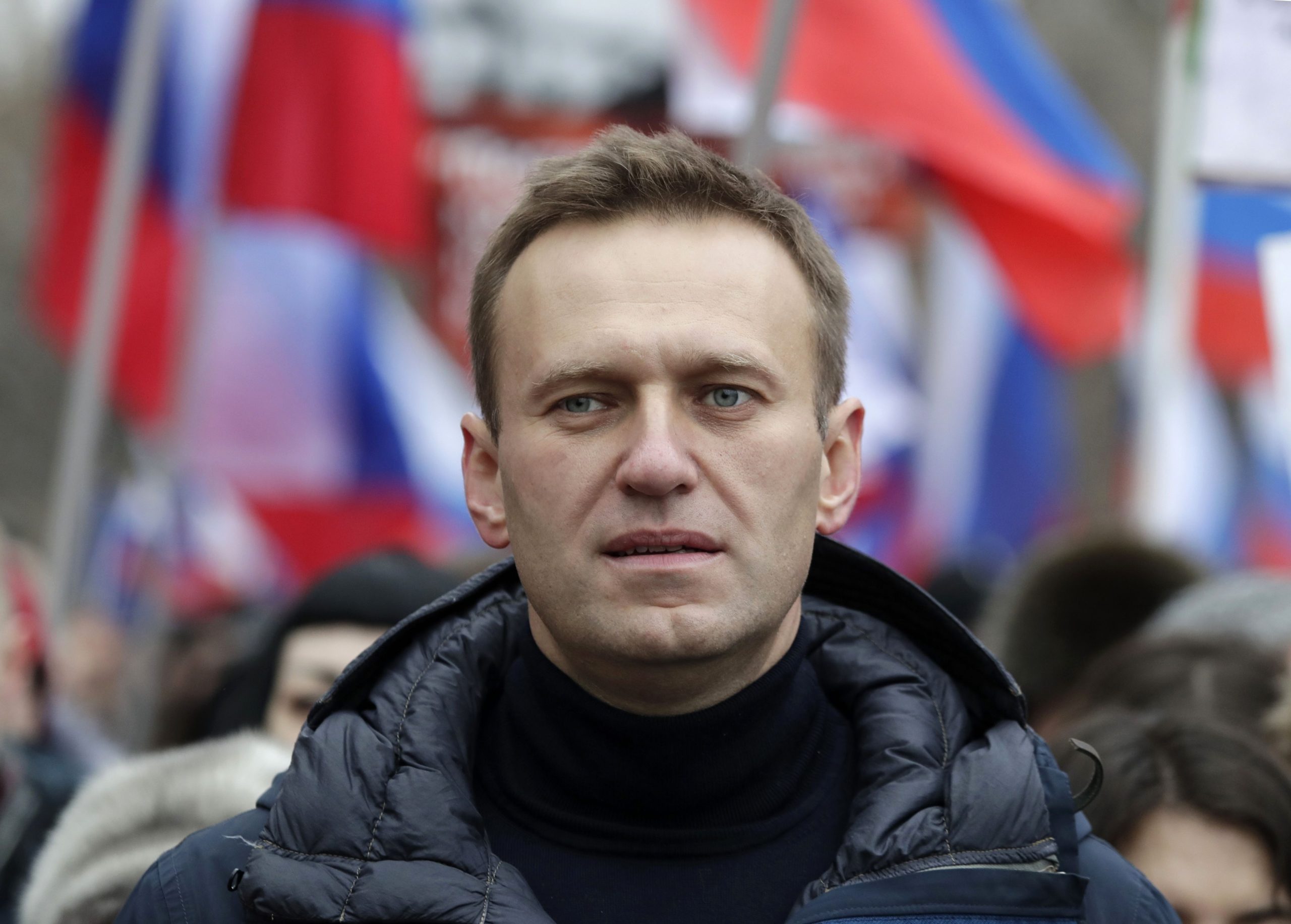Russia violated the rights of Russian opposition figure Alexei Navalny by refusing to open a criminal investigation into his poisoning, the European Court of Human Rights ruled Tuesday, according to Politico.
The court found that “the inquiry conducted by the Russian authorities had not been open to scrutiny and had made no allowance for the victim’s right to participate in the proceedings,” according to a press release.
Russia’s probe “failed to explore the allegations of a possible political motive for the attempted murder, as well as possible involvement of State agents,” and therefore “could not be considered adequate,” the court added.
A longtime critic and the main political opponent of Russian President Vladimir Putin, Navalny fell ill on board a flight to Moscow from Tomsk, in Siberia, in August 2020.
Navalny was later evacuated from Siberia to a Berlin hospital, where German military experts found he had been poisoned with a chemical nerve agent from the Novichok group — the same substance used in the attempted murder of Sergei Skripal, widely believed to have been carried out by Russian security services in the U.K. in 2018.
At the time, the Kremlin denied Putin had ordered Navalny’s poisoning, and said there was no reason to open a criminal investigation.
Navalny, now aged 47, was treated in Germany for five months, before deciding to return to Russia. He was arrested upon returning to Moscow in January 2021.
Navalny was subsequently sentenced to two and a half years in prison by a Russian court for allegedly violating the conditions of his parole. In March 2022, he was given another nine-year sentence on fraud charges, with additional criminal prosecutions repeatedly being lodged against him. Navalny is currently being held in a maximum-security prison. Members of his team say he is being harassed in jail and being denied food and access to medical care.
Based in Strasbourg, the European Court of Human Rights is attached to the Council of Europe, a 46-state human rights organization of which Russia is no longer a member. ECHR rulings are legally binding on member countries.










Trackbacks and Pingbacks